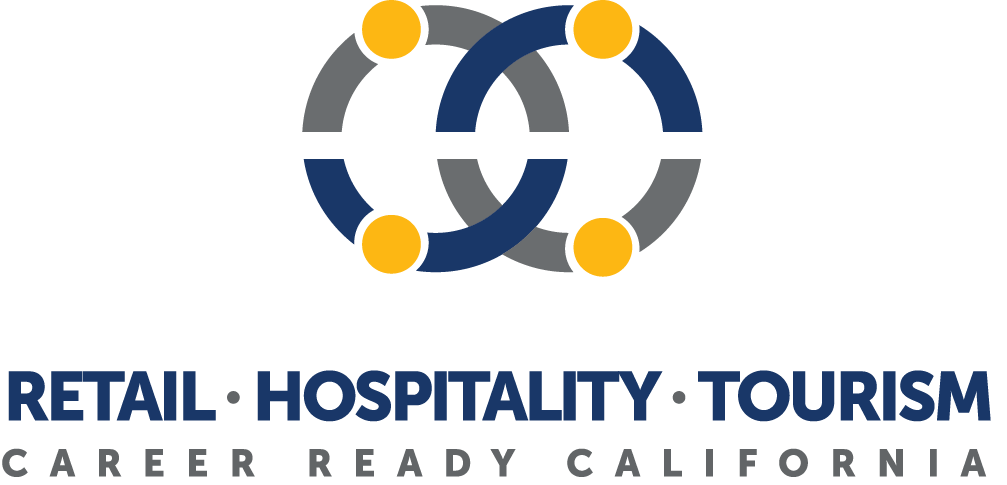A quotation in a colleague’s signature line recently caught my eye. It wasn’t the first time I’d noticed it, but it was the first time it truly sank in. It reads:
“If you want to go fast, go alone. If you want to go far, go together” (African Proverb).
While this value proposition is certainly reflected in the practice of this individual, I realized it also epitomizes a sentiment which exists and is growing in the Central Valley/Mother Lode (CVML) region.
Social and behavioral scientists have long reported that planning and implementation efforts are more sustainable and successful when committed to inclusiveness and collaboration. Granted, more participants will likely require greater amounts of time and energy (likely exposing the process to heightened levels of competition), but the outcomes reached are generally more comprehensive, resulting in greater mutual possibilities and benefit. Engaging constructively in competitive, collaborative processes better equips organizations to address existing issues, interests, agendas and more importantly, possibilities.
Throughout my career, I’ve witnessed many effective collaborative efforts among the colleges in the CVML. This includes interactions and partnerships with various industry sectors, as well as K-12 and Adult Education entities. Even before the California Community College Chancellor’s Office stepped up its encouragement to work collaboratively on complete pathways from K-12 to a career, the CVML had already prioritized and practiced those ideals. Whether projects in common or pathway delineation and alignment efforts, CVML community colleges have worked closely together, sharing best practices and resources. To be sure, there is still spirited, good-natured competition, but overall efforts region-wide are bearing fruit for all concerned.
One project, among many, that illustrates this commitment is a joint effort underway in the Oakhurst area of western Madera County. Oakhurst is highly dependent on retail, hospitality and tourism revenue. While seemingly an ideal location on the way to Yosemite and other recreational destinations, the area continues to face many daunting economic and employment related challenges. While retail, hospitality and tourism are the main economic drivers, there are few opportunities available locally to educate, train and upskill the workforce necessary to meet the unique challenges of the area. The burning question at hand was, where to start?
Mark Twain once said, “The secret of getting ahead is getting started.” Instead of kicking the can down the road, representatives from State Center Community College District (both the Oakhurst satellite center and Madera College Center), the Adult Education Consortia, the Office of Apprenticeships, and the local High School District have joined forces to research and implement appropriate programming with the goal of addressing these gaps in R·H·T workforce training and education. Having collectively committed to leverage existing personnel, facilities and monetary resources, this team is reviewing models of hospitality and culinary programs at Lake Tahoe Community College, Columbia College and other institutions, to explore different possibilities that might benefit their region. Though in its infancy, this effort has generated the momentum necessary to forge forward with high expectations of success.
Mother Teresa summed it up nicely, saying “I can do things you cannot, you can do things I cannot; together we can do great things.” Here’s to all of our collaborative efforts!

